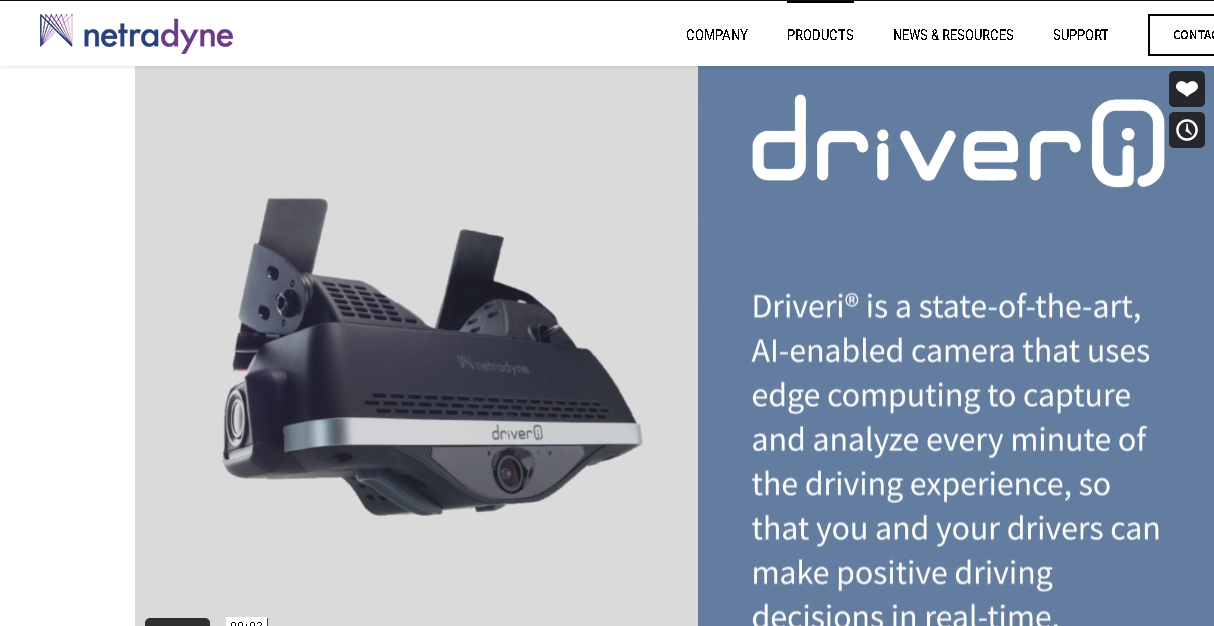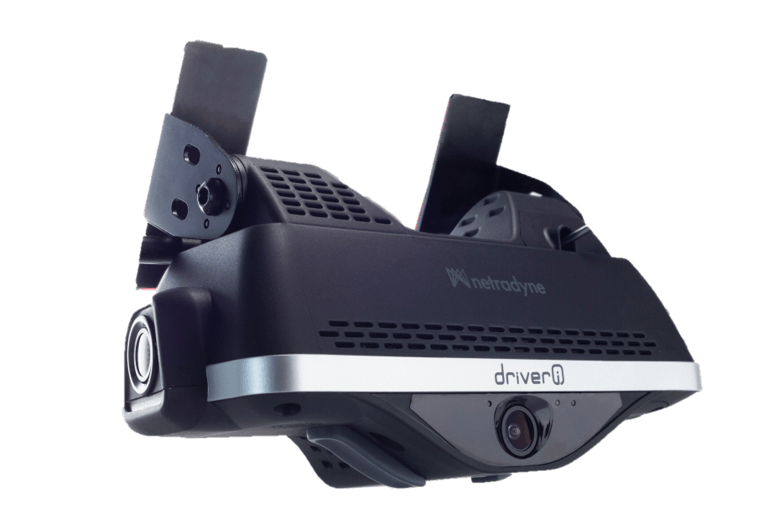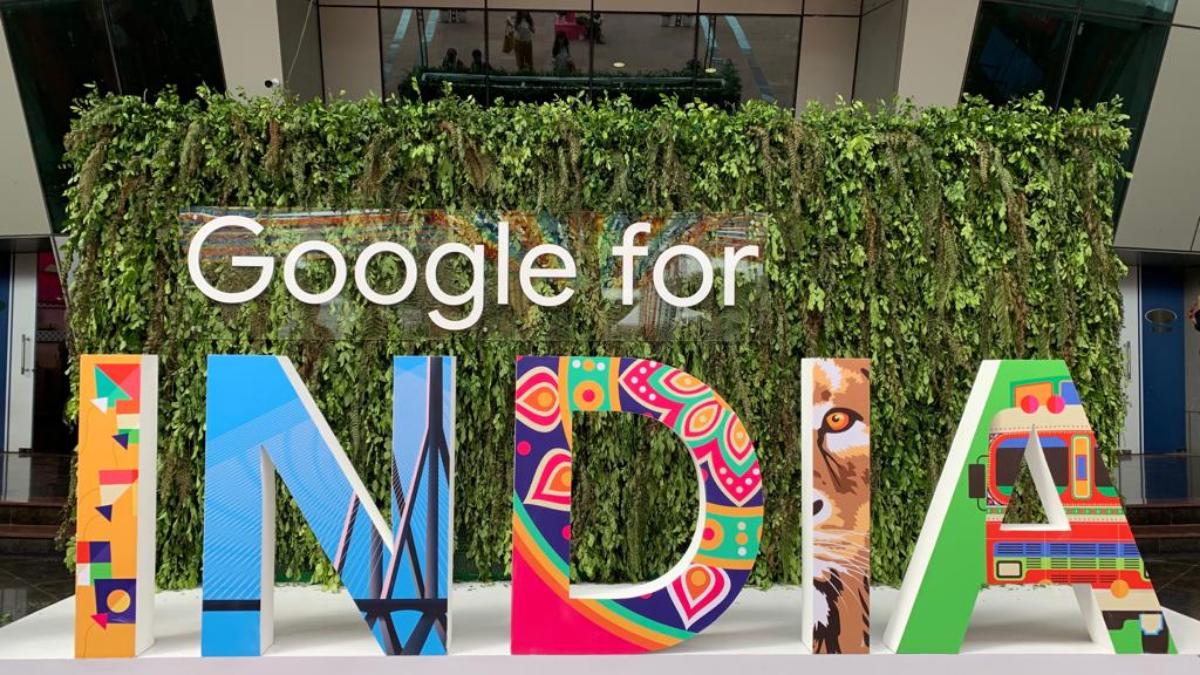Netradyne, the pioneer of AI in safe driving, leads a collaborated study with Indian Institute of Science (IISc) and Zoomcar to reduce road accidents in India
Bengaluru, NFAPost: Netradyne, the AI vision-based pioneer, in its recent research study with Robert Bosch Centre for Cyber-Physical Systems at The Indian Institute of Science (IISc), has found some interesting metrics in collaboration with Zoomcar to help reduce road accidents in India. The results of the study hold greater significance as India has recorded the highest number of road accident deaths among 199 countries reported in the World Road Statistics 2018.

It remains to be seen if technology adoption will eventually make Indian roads accident free by 2035… Nevertheless, the study aims to analyse the effect of voice feedback (triggered from an intelligent safe driving device installed in cars) on driver behaviour and drop in fatal driving incidents in the rental car segment.
To this effect, Netradyne commissioned its Vision-based Driver Assistance and Safety Platform, ‘Driveri’, in 500 Zoomcars. Driveri is an Advanced Driver Assistance System (ADAS) that analyses the driving journey, road data and also monitors driving behavior through AI built into the edge-computing device. Driveri is equipped with four HD inward and outward-looking cameras that record and trigger voice alerts based on driving incidents in real-time.
Of the 500 Zoomcars, Driveri’s voice alerts and outward camera features were activated in 250 test cars. In the remaining 250 control cars, the outward camera was switched on but the voice alerts feature was deactivated.
Over 0.1 million trips, 10.6 million miles and 0.5 million driving hours were analysed for a year from September 2018 to December 2019 to arrive at the findings. Cars with voice-activated alerts vis a vis those without audio alerts showed the following results:
- 14% reduction in accidents just with the voice alert feature enabled and without any prior training, incentives, or instructions to the drivers
- 27% decline in six of the overall 20+ driving metrics analysed by Driveri. The six metrics include speeding, acceleration, hard breaking, hard turning, collision warning and maintaining distance
- 50% reduction in probability of accidents when the drivers scored 600 GreenZone (GZ) points or above for both sets of cars. Drivers with higher GZ scores exhibited safer driving behaviour.
GreenZone is Netradyne’s automated driver monitoring and performance analytics scorecard. It is derived from the company’s Machine Learning models and considers all aspects of driving and alerts. The company is working with IISc to convert GZ scores into an incentive system to reward good drivers and driving behaviour.
According to Avneesh Agrawal, Chief Executive Officer of Netradyne, “Netradyne’s study with Zoomcar and IISc is an effort to use AI for social good. India accounts for almost 11% of the accident related deaths per the WHO Road Safety 2018 report.
“Our study has shown that technology intervention can not only reduce fatal driving incidents but also influence driving behaviour. For instance, a large number of accidents in India are caused by driver behaviour including fatigue, distraction, drowsiness and seat belt non-compliance. If Driveri’s inward cameras were also switched on, I believe the drop in accident rates could have been much higher.”
According to Professor Rajesh Sundaresan of IISc, “we have been excited to be a part of this experiment. We helped Netradyne and Zoom Car come up with not just metrics to assess the effectiveness of the solution but also incentive mechanisms to encourage safer driving on our roads. The Driver-i solution is packed with deep technology and artificial intelligence that involves multi-sensor fusion, object recognition, event detection, and distracted driving alerts. It is a great example of AI for social good,”
Netradyne is extending the study to other social groups including public sector buses to measure effectiveness of bus priority lanes, detecting driver drowsiness in long distance night trips, etc. Netradyne is confident that the next decade in India will witness the mainstreaming of vision-based technology enabled by AI and Machine learning.





